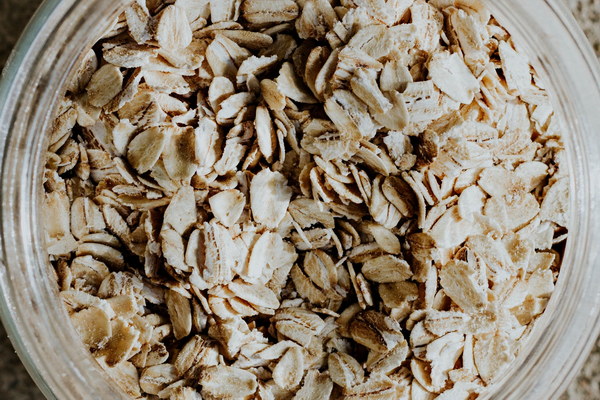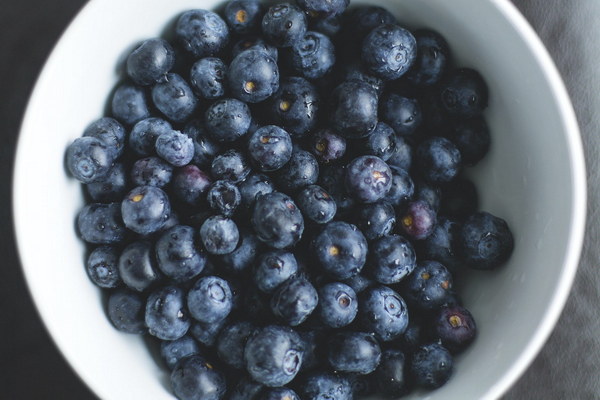Quick and Effective Diet Tips for Treating Kidney Yin Deficiency
Introduction:
Kidney Yin Deficiency is a common health issue that affects many people. It is characterized by symptoms such as fatigue, low libido, dizziness, and dryness of the mouth, throat, and skin. If you are experiencing kidney Yin Deficiency, it is essential to follow a proper diet to nourish your kidneys and restore balance. This article will provide you with some diet tips for treating kidney Yin Deficiency, especially when the condition is short-lived.
1. Increase Intake of Kidney-Nourishing Foods:
When dealing with kidney Yin Deficiency, it is crucial to consume foods that are known for their kidney-nourishing properties. Here are some of the best foods to include in your diet:
- Black beans: Black beans are rich in nutrients, including protein, fiber, and iron, which help nourish the kidneys and promote overall health.
- Almonds: Almonds are an excellent source of vitamin E and magnesium, which can help improve kidney function and alleviate symptoms of kidney Yin Deficiency.
- Fish: Fish, such as cod, salmon, and mackerel, are high in omega-3 fatty acids, which can help reduce inflammation and support kidney health.
- Squash: Squash, such as acorn and butternut, are rich in beta-carotene and other antioxidants, which can help nourish the kidneys and boost the immune system.
2. Stay Hydrated:

Proper hydration is essential for kidney health. Drink plenty of water throughout the day to flush out toxins and support kidney function. Aim for at least eight glasses of water daily.
3. Avoid Kidney-Damaging Foods:
Certain foods can exacerbate kidney Yin Deficiency and worsen your symptoms. It is best to avoid or limit the following foods:
- High-sodium foods: Excessive salt can lead to water retention and put additional stress on the kidneys. Avoid processed foods, canned goods, and fast food.
- High-protein foods: High-protein diets can strain the kidneys, so it's best to choose lean proteins and consume them in moderation.
- Alcohol and caffeine: These substances can dehydrate you and stress the kidneys, so it's best to avoid them or consume them in moderation.
4. Incorporate Herbs and Spices:
Herbs and spices have been used for centuries to treat various health conditions, including kidney Yin Deficiency. Here are some beneficial options:
- Goji berries: Goji berries are a traditional Chinese medicine herb known for their kidney-nourishing properties. They can be consumed fresh, dried, or as a tea.
- Astragalus: Astragalus is another traditional Chinese medicine herb that is believed to help nourish the kidneys and boost the immune system.
- Cinnamon: Cinnamon can help regulate blood sugar levels and improve kidney function. It can be added to tea, coffee, or meals.
5. Practice Mindfulness and Relaxation Techniques:
Stress can exacerbate kidney Yin Deficiency symptoms. Incorporate mindfulness and relaxation techniques, such as yoga, meditation, or deep breathing exercises, into your daily routine to reduce stress levels.
Conclusion:
Treating kidney Yin Deficiency, especially in short-term cases, involves a combination of dietary changes, hydration, and stress management. By incorporating kidney-nourishing foods, staying hydrated, avoiding kidney-damaging foods, and practicing relaxation techniques, you can effectively address your kidney Yin Deficiency and improve your overall health. Remember to consult with a healthcare professional before making significant changes to your diet or lifestyle.









